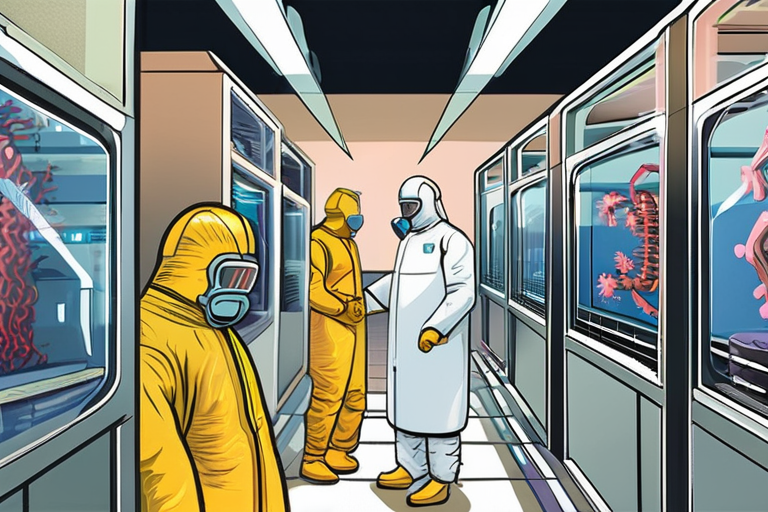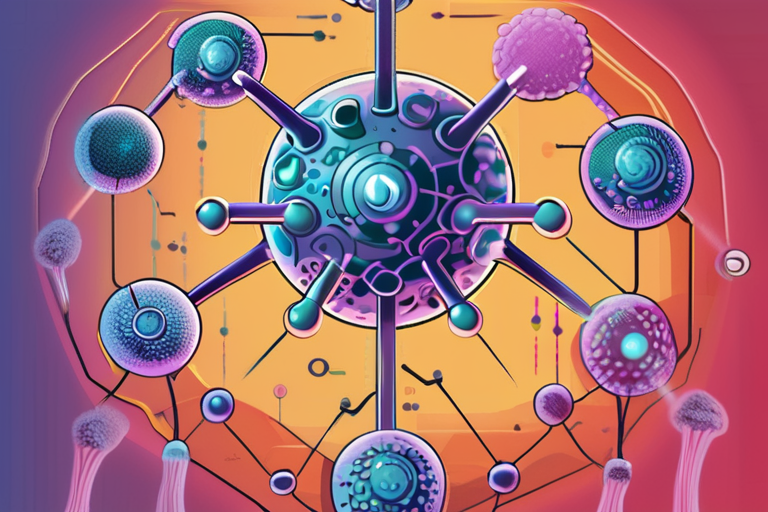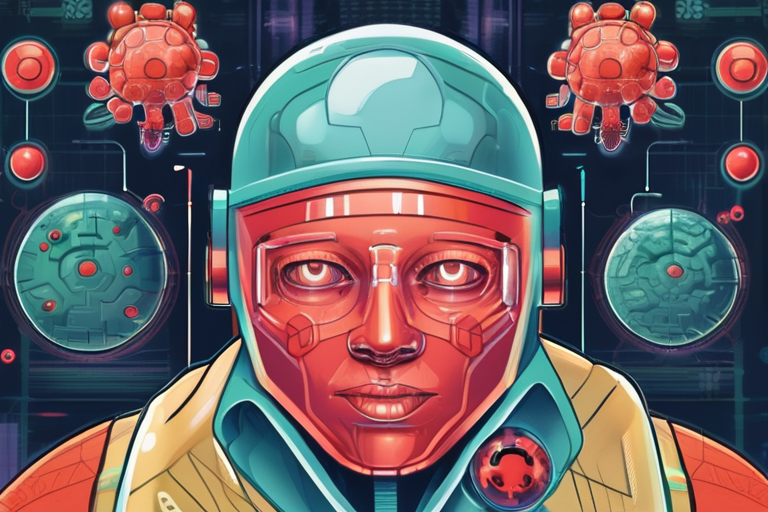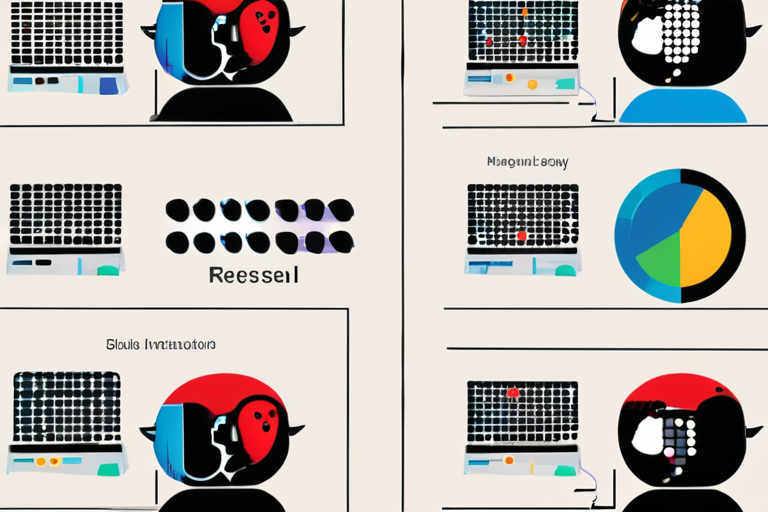AI Research Sparks Fears of Future Bioweapon Threat: Why We Should Be Prepared


Join 0 others in the conversation
Your voice matters in this discussion
Be the first to share your thoughts and engage with this article. Your perspective matters!
Discover articles from our community

 Hoppi
Hoppi

 Hoppi
Hoppi

 Hoppi
Hoppi

 Hoppi
Hoppi

 Hoppi
Hoppi

 Hoppi
Hoppi

The Download: AI-Designed Viruses Raise Concerns, Hydrogen Industry Faces Reality Check A research team in California has successfully used artificial …

Hoppi

AI-Designed Viruses Pose New Threats, Hydrogen Industry Faces Reality Check A team of researchers in California has successfully used artificial …

Hoppi

BREAKING NEWS Researchers Warn AI-Designed DNA Threats Can Evade Biosecurity Measures A new study published in the journal Science has …

Hoppi

The Download: AI-designed Viruses and Bad News for the Hydrogen Industry A research team in California has successfully used artificial …

Hoppi

AI Researchers Warn of Superintelligence Apocalypse as Technology Advances As artificial intelligence (AI) rapidly advances, a growing number of experts …

Hoppi

The Dark Side of AI: How Microsoft's "Red-Teaming" Experiment Revealed a Chilling Vulnerability Imagine a world where the very tools …

Hoppi